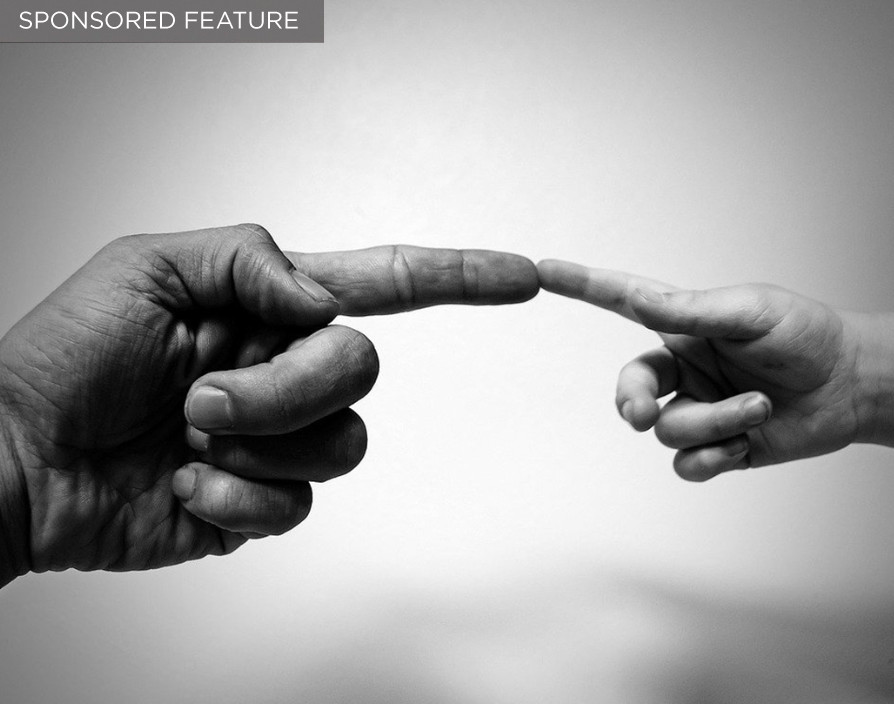As a business leader, sooner or later you’re bound to reach a crossroads. Yet, although resorting to automatic behaviours to deal with day to day situations feels like the most productive thing to do, this is not going to help you make any real progress in the long run. Pressures and practicalities mean putting off the most important decisions and the result is often a less effective and less motivated leader.
Getting to the source of what really matters, and using the energy from that realisation to do something new, do more and do better is crucial. As a leader you need to be open to explore where you really are at work and in life, and recognising what needs to change. Find ways to rediscover your passion for what you do and make space for creating a fresh vision. By finding what’s right for you and following the right path with conviction will better equip you to deal with the 21st century context of this volatile, uncertain, complex and ambiguous world we live in.
Tap into your
self-awareness
But seeing with fresh eyes is not as easy as it sounds when you’ve been in the same position for a long time, playing a certain role and hiding behind a well-defined identity – these things have a tendency stick. What can really help is to go back to the beginning and reflect on early life experiences, our adolescence and experience as an adult, even going back in time to our parents’ stories. These are experiences that shape our relationship with ourselves and with the world and determine how we react to the challenges and stresses that life throws at us, determining how we behave and affecting whether we are able to make good or bad decisions.
A good way of tapping into and dealing with these issues is to seek out leadership training that doesn’t just lecture on management or leadership styles, but that gives you the opportunity to actively develop the key skills of listening, empathy and self-awareness in a safe place alongside peers who find themselves in similar – or even different – situations to yourself. By talking openly and sharing past experiences, people are able to explore their qualities and limitations, learn from each other’s perspectives and reach a clear and positive new ground.
This is an intense activity and the first key step is to find the courage to take part in what can be a deep, insightful but also emotional process where you will at times feel exposed. However, at Cranfield University we have been running such training courses for the last 35 years and have seen the incredible depth of impact that this type of exercise can have. And more than just the personal and professional development that comes as a result, the mere fact that participants need to open up in a way they never have done previously means that they build up new networks and personal connections that go well beyond business and last for years afterwards.
Making a positive
impact
Another key reason that this kind of exercise is critical to the future success of a business is that by being in closer touch with ourselves as humans we are able to gain a clearer position on wider issues such as sustainability and social equality. In a future dominated by artificial intelligence, machine learning and automation, being human rather than being ‘morphed into a machine’ will prove to be a highly attractive leadership trait. Self-awareness makes us human and is the root of civilisation and our ability to thrive, regardless of what challenges lie ahead. So making the time and effort to actively tap back into the basics of what makes you who you are will benefit not only yourself as a person and leader, but also the wider society you and your future generations will inhabit.
This article comes courtesy of Cranfield School of Management
At Cranfield School of Management we have extensive experience and knowledge of what it takes to develop into a great leader. With over 35 years of working with leaders of SMEs and large enterprises, combined with research in business and management, Cranfield is a world-class centre for leadership development and training.
Share via:








































